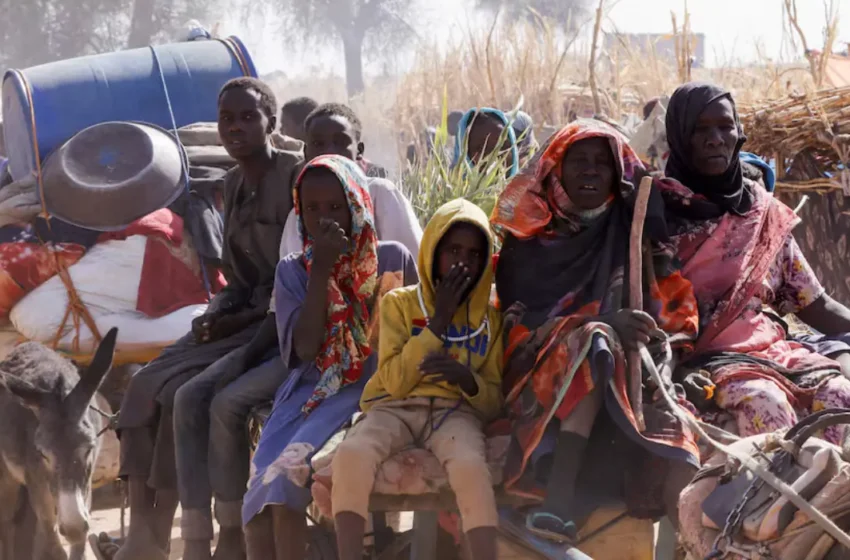
UN panel examines alleged UAE links to weapons found in Sudan
According to Reuters, a U.N. panel of experts tasked with overseeing sanctions in Sudan is looking into how mortar shells shipped from Bulgaria to the United Arab Emirates ended up in a convoy of supplies for Rapid Support Forces (RSF) militia fighters.
Who is providing weapons to the RSF, which has established its dominance over a large portion of Darfur in a brutal war, is a crucial topic for investigators. Sudan brought a complaint against the United Arab Emirates at the World Court last month. According to the government’s allegation, the UAE armed the paramilitary RSF in violation of its duties under the Genocide Convention. Hearings were launched by the court last week.
Bulgaria informed United Nations, investigators that the mortar rounds it had taken from the convoy in November in the North Darfur area of Sudan had the same serial number as those it had sent to the United Arab Emirates in 2019. After the confiscation, pro-government militia members uploaded images and videos to the internet that showed the serial number.
In a letter dated December 19, Bulgaria’s permanent mission to the U.N. informed the U.N. investigators that it had sent 81 mm mortar rounds bearing the same serial number to the UAE military in 2019. No one has asked for approval to re-export the armaments to a third party, Bulgaria’s foreign affairs ministry said Reuters. “We firmly state that the Bulgarian competent authority has not granted an export license for defense-related products to Sudan,” read the statement.
The United Arab Emirates has refuted several claims that it is inciting violence by equipping the RSF in its confrontation with the army of Sudan. Tens of thousands of people have died and millions have been displaced by the fighting in Sudan. Last year, the US concluded that RSF and affiliated militia members had engaged in genocide during combat from May 2023. UAE authorities responded to questions concerning the Bulgarian munitions by referring to the most recent annual report from the U.N. panel of experts, which summarizes the conclusions of its investigations into the flow of funds and weapons into Darfur.
The report has not been made public since it was examined by Reuters and presented to the U.N. Security Council in April. The UAE is only mentioned in relation to its peacekeeping mission in Sudan.
The investigation “makes clear that there is not substantiated evidence that the UAE has provided any arms or related support to the RSF,” claimed authorities from the UAE. In its annual report, the U.N. panel details the weapons seizure in November. RSF trucks carrying mortars and other weaponry were stopped by a pro-government militia, which also shared images and videos of the weapons it had taken. The sources of the bombs are not mentioned in the investigators’ findings.
However, correspondence between the U.N. panel and Emirati authorities indicates that investigators are still looking into the UAE’s involvement in the fighting. According to the letters, U.N. inspectors asked for manifests for 15 distinct planes that left UAE airports and landed in Amdjarass and N’Djamena, Chad, but Emirati officials refused to supply them.
The U.N. panel requested cargo manifests for the planes in a letter to Emirati officials on November 26. The UAE refused to supply such information in a December 10 answer to the panel, stating that it was unable to meet the strict deadline.
Rather, the UAE gave information on around 22 metric tons of goods, including as food, medicine, and civilian automobiles, that will be sent during three flights to Amdjarass. The IL-76 freight jets can transport up to 40 metric tons each trip, and the items specified in the letter accounted for over half of that capacity.


